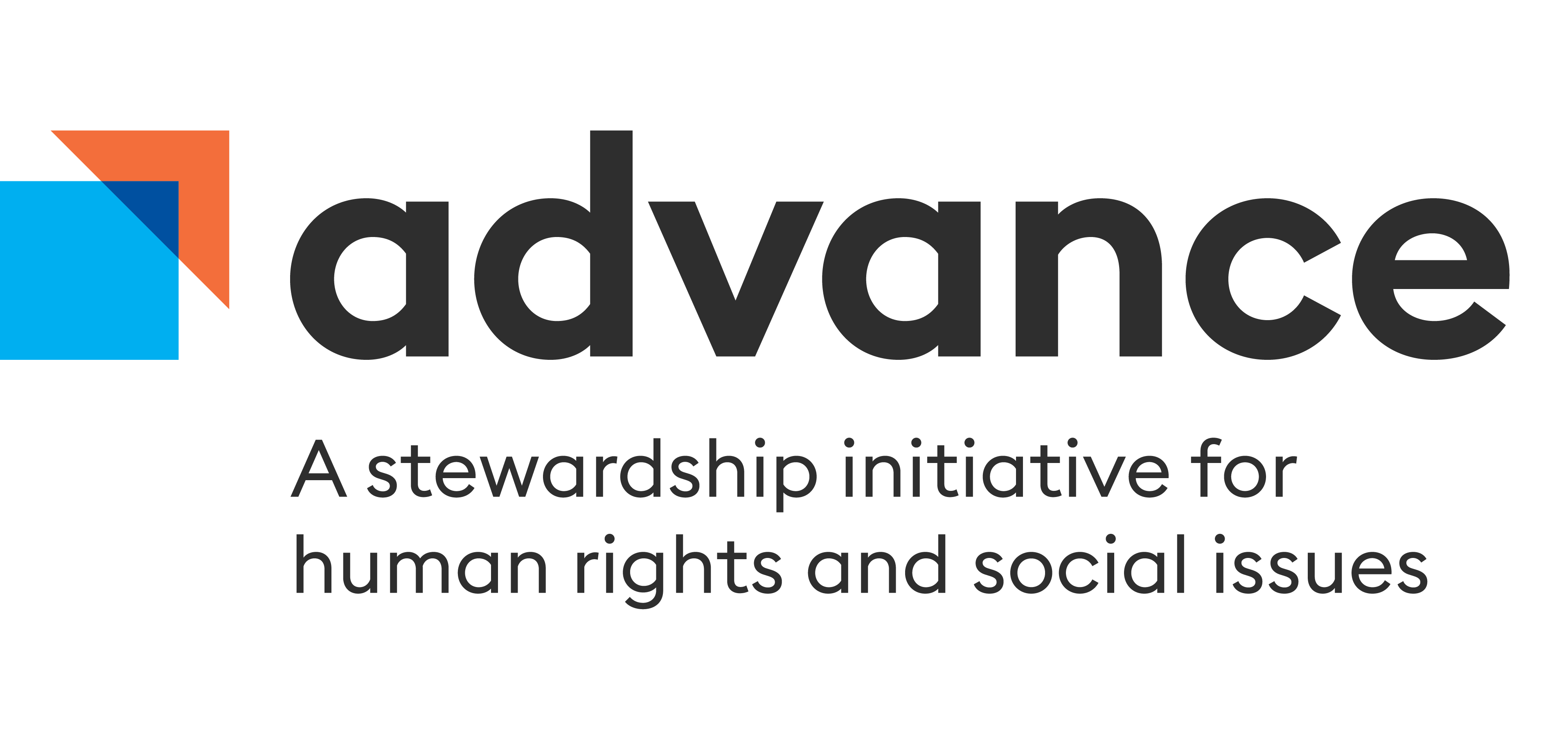Find out more
Get in touch
To find out more, please contact [email protected] or your local relationship manager.
The PRI executive has been leadinginvestor stewardship initiatives for 10 years, including prior collaborative engagements on human rights within specific industries, including within cobalt sourcing, agricultural supply chains and the extractives industry, as well as more recently playing a key role coordinating collaboration within Climate Action 100+.
As a UN-supported body, the PRI has a strong commitment to progress on human rights and the UN Guiding Principles, as most recently articulated in our position on human rights and 2021-2024 strategy.
The PRI will work closely with organisations leading similar initiatives, to ensure greater efficiency and effectiveness in achieving progress.
We will work closely with existing investor initiatives to ensure greater efficiency and effectiveness in achieving progress. For example, we have a Collaboration Agreement with the Investor Alliance for Human Rights (IAHR). Given the complementary nature of both IAHR and PRI’s work on the investor responsibility to respect human rights in their investment activities, and in light of the vast effort that lies ahead to address these responsibilities across various asset classes and investments in different sectors, cooperation between the organisations will be beneficial both to achieving the strategic objectives in this regard and to improving the human rights situation of people around the world. Cooperation will also ensure that IAHR and PRI deploy their resources in a way that is synergistic and minimises the likelihood of engaging in duplicative efforts or working at cross-purposes. The Collaboration Agreement is intended to ensure positive collaboration and further each organisations’ strategic objectives, while keeping with all regulatory and legal requirements.
At present, the PRI will rely on existing public benchmarks (such as those developed by the WBA), rather than developing our own benchmark.
Additional sectors/companies will be included on the focus list from 2025.
- Under the first set of expectations around full implementation of the UNGPs, all stakeholder engagements should be respectful of human rights, however, more often than not, this is an area where companies’ political activities go against their stated commitment to respect human rights.
- Corporate political engagement that is not undertaken in a responsible manner (including indirect activities - indirect lobbying activities include membership in or links to trade associations and business groups; engagement in international or national business alliances or initiatives; contributions to external, or non-governmental organisations) often undermines efforts to achieve global respect for human rights.
- Public policy is a necessary tool to ensure the implementation of the UNGPs. Policy can help support global human rights aims both directly – e.g. minimum wage regulation and freedom of association regulation – but also indirectly, through enabling of better governance – e.g. through mandatory due diligence legislation, protecting the voice of indigenous communities, protection of voting rights for minority communities and elimination of corruption and other forms of policy capture.
- To protect and enhance risk-adjusted returns, long-term universal investors (i.e. diversified investors) have an interest in the policy engagement of portfolio companies being aligned to their interests in regulation that protects human rights.
For each company, the PRI with input from the advisory groups and right-holders and affected stakeholders – will identify (and agree with each lead investor/s) which issues should be prioritised for engagement by assessing where actual or potential negative outcomes for people are most severe using the criteria set out in the UNGPs
- Scale: gravity of the actual or potential outcome on an individual right(s) (“how serious is the harm”?)
- Scope: the number of individuals that are or will be affected (“how widespread is the harm?”)
- Irremediable character: any limits on the ability to restore those affected to a situation at least equivalent to their previous situation (“if the harm occurs, can it be put right?”)
While keeping with all regulatory and legal requirements, it is the responsibility of the lead and collaborating investors to develop an engagement strategy that is suitably ambitious and effective to drive change around the objectives of the initiative. As an example, activities such as sending investor letters and holding company engagement meetings could be used as part of the engagement strategy.
No. PRI Association and Advance are committed to compliance with all applicable laws and do not seek, require or endorse individual or collective decision-making or action that is not in compliance with those laws. The use of particular tools and tactics, and the scope of participation in the Advance initiative, is at the discretion of individual participants and subject to all relevant laws, including competition and antitrust laws. Investors must make independent decisions regarding voting and engagement strategy, and are encouraged to consult their own counsel as appropriate.
The PRI in collaboration with lead investors and with input from the technical expert group will identify and consult stakeholders who have been or may be affected by companies (such as local communities and workers). Leading investors within the industry already do this, and it is particularly important when a controversy occurs that requires investors to be reactive.
Obtaining first-hand non-competitively sensitive information from key stakeholders will complement the human rights impact assessment conducted by the company itself and other public information available. This will help investors to understand and consider the actual risks and outcomes experienced by stakeholders in individual engagements.
Both investor engagement with corporates and public policymakers are necessary to pursue the objectives of this initiative. It is recognised, for example, that the solution to the issues of privacy rights, hate speech, misinformation and electoral manipulation brought on by big tech companies require not only forceful company stewardship by investors but also global, regulatory solutions.
Separately to the collaborative initiative, as part of our broader human rights programme, the PRI will promote mandatory human rights due diligence legislation, robust accountability mechanisms and financial regulation which recognises human rights as an area of responsibility through local PRI policy representatives.
Within the collaborative initiative, a separate, voluntary working group on investor engagement on public policy will be considered (from year 2 of the initiative onwards) where issue-specific policy and regulatory intervention is required. This will be subject to decisions in the wider PRI change plan on human rights and will build on input from the Signatory advisory committee, technical advisory group and other stakeholders.
There is no fee to sign-up as an endorser or participant.
Investors can sign-up as an endorser at any point. The ability to sign-up as a participant will be dependent on the availability of company engagement group places. Some groups may still have spots available. Where the group is full, investors can join the waiting list.
Yes, this is possible, but given the high level of demand, the PRI may not be able to allocate the investor to all the companies the investor expressed an interest in engaging with.
Participants are required to provide annual high-level reports back to the PRI Executive on their level of participation and progress of the engagement. Collaborating investors are required to submit a shorter report than lead investors, detailing their level of participation in the initiative.
Note, this is separate and unrelated to the PRI Reporting Framework.
Engagement with companies is carried out by participating investors and with the Lead investor(s) who, while keeping with all regulatory and legal requirements are responsible for setting a strategy for engagement based on the overarching objectives of Advance. The PRI does not itself engage directly with companies although it will often join meetings as an observer.




